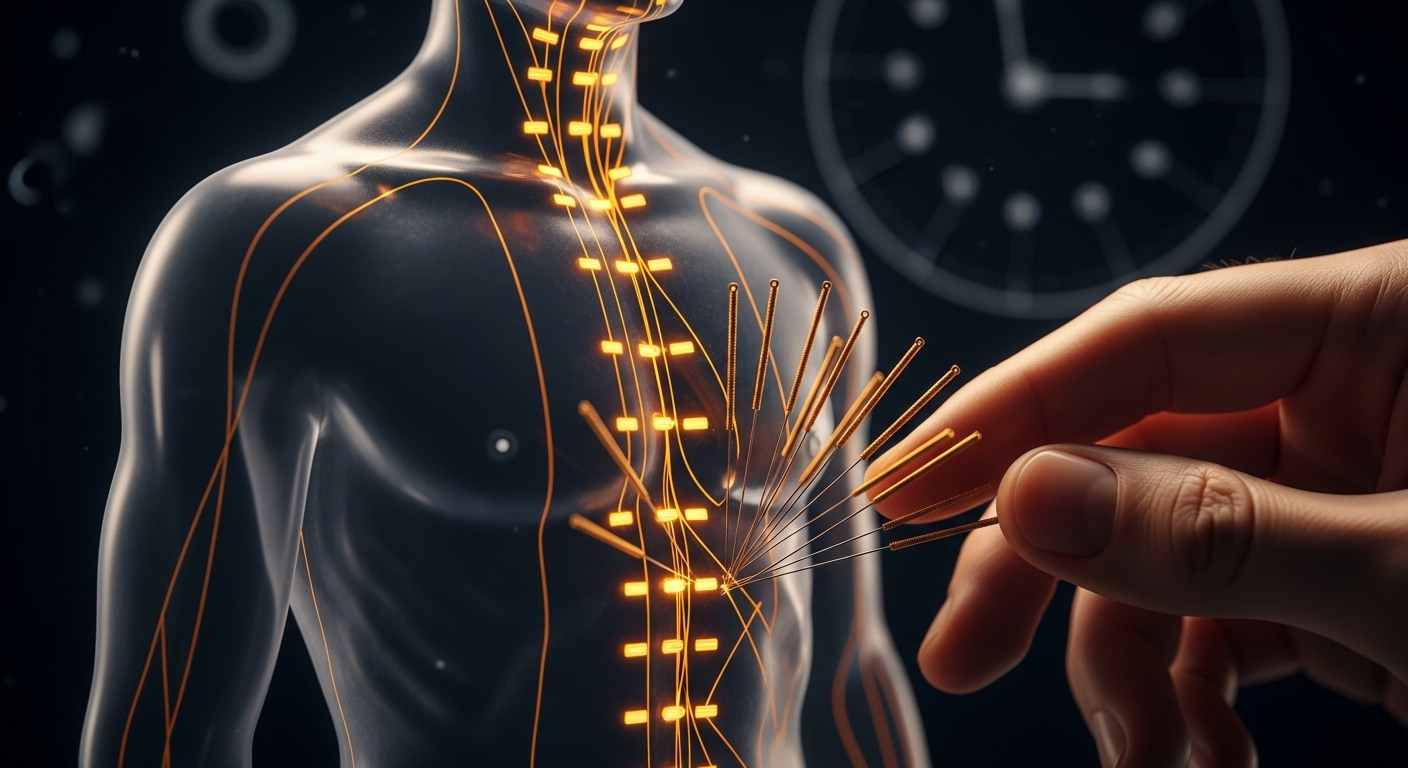signs you have B12 Deficiency
Vitamin B12 deficiency affects millions of Americans, yet many people remain unaware of the subtle signs that indicate low levels of this essential nutrient. This water-soluble vitamin plays a crucial role in red blood cell formation, DNA synthesis, and proper nervous system function. Understanding the warning signs of B12 deficiency can help you take proactive steps toward better health and prevent potentially serious complications that may develop over time.

Vitamin B12 deficiency is more common than many people realize, particularly among older adults, vegetarians, and individuals with certain medical conditions. This essential vitamin cannot be produced by the human body and must be obtained through diet or supplements. When B12 levels drop below normal ranges, the body begins to show various signs and symptoms that can significantly impact daily life and overall well-being.
Fatigue and Low Energy Causes
One of the most prevalent signs of B12 deficiency is persistent fatigue and unexplained low energy levels. When your body lacks adequate B12, it struggles to produce healthy red blood cells, leading to a condition called megaloblastic anemia. This type of anemia results in fewer, larger red blood cells that cannot effectively transport oxygen throughout your body. Consequently, you may feel tired even after getting adequate sleep, experience weakness during routine activities, or find yourself needing more rest than usual. Unlike temporary fatigue from stress or poor sleep, B12-related exhaustion tends to be ongoing and doesn’t improve with rest alone.
Symptoms of Vitamin B12 Deficiency
B12 deficiency manifests through various physical and neurological symptoms that can develop gradually over months or years. Common physical symptoms include pale skin, shortness of breath, heart palpitations, and digestive issues such as loss of appetite, constipation, or diarrhea. Many people also experience tingling or numbness in their hands and feet, which occurs when B12 deficiency affects the protective covering of nerves. Cognitive symptoms may include memory problems, difficulty concentrating, mood changes, depression, and in severe cases, confusion or dementia-like symptoms. Some individuals develop a smooth, red tongue or mouth ulcers, while others may experience balance problems or difficulty walking.
How Vitamin B12 Supports Brain and Nerve Health
Vitamin B12 plays a vital role in maintaining healthy brain function and nervous system integrity. This nutrient is essential for the production of myelin, a fatty substance that forms a protective sheath around nerve fibers. Myelin acts like insulation on electrical wires, allowing nerve signals to transmit efficiently throughout the body. When B12 levels are insufficient, myelin production decreases, leading to nerve damage and the neurological symptoms associated with deficiency. B12 also participates in the synthesis of neurotransmitters, chemical messengers that enable communication between brain cells. Additionally, this vitamin helps regulate homocysteine levels in the blood, and elevated homocysteine has been linked to increased risk of cognitive decline and cardiovascular disease.
Foods Rich in Vitamin B12
Since the human body cannot synthesize B12, obtaining adequate amounts through diet is crucial for preventing deficiency. Animal products are the primary natural sources of vitamin B12, making it challenging for vegetarians and vegans to meet their needs through food alone. Excellent sources include fish such as salmon, sardines, and tuna, which provide substantial amounts of bioavailable B12. Red meat, particularly beef liver, contains some of the highest concentrations of this vitamin. Poultry, eggs, and dairy products like milk, cheese, and yogurt also contribute significant amounts of B12 to the diet. For those following plant-based diets, fortified foods such as nutritional yeast, fortified cereals, and plant-based milk alternatives can help bridge the gap, though supplementation is often recommended.
| Food Source | B12 Content (per serving) | Serving Size |
|---|---|---|
| Beef Liver | 70.7 mcg | 3 oz (85g) |
| Clams | 84.1 mcg | 3 oz (85g) |
| Salmon | 4.8 mcg | 3 oz (85g) |
| Fortified Nutritional Yeast | 2.4 mcg | 1 tablespoon |
| Eggs | 0.6 mcg | 1 large egg |
When to Talk to a Doctor About Possible B12 Deficiency
Consulting with a healthcare professional is essential if you experience persistent symptoms that could indicate B12 deficiency. Seek medical attention if you have ongoing fatigue that doesn’t improve with rest, neurological symptoms like tingling or numbness in extremities, memory problems, or mood changes that interfere with daily activities. Certain groups have higher risk factors and should discuss B12 testing with their doctors, including adults over 50, individuals with gastrointestinal disorders like Crohn’s disease or celiac disease, those who have had gastric surgery, and people following strict vegetarian or vegan diets. Additionally, individuals taking certain medications such as metformin or proton pump inhibitors may have increased risk of B12 deficiency and should monitor their levels regularly.
Early detection and treatment of B12 deficiency can prevent serious complications and improve quality of life. A simple blood test can determine your B12 levels, and treatment typically involves dietary changes, oral supplements, or in severe cases, B12 injections. With proper intervention, most symptoms of B12 deficiency are reversible, though some neurological damage may be permanent if the deficiency has persisted for an extended period.
This article is for informational purposes only and should not be considered medical advice. Please consult a qualified healthcare professional for personalized guidance and treatment.




